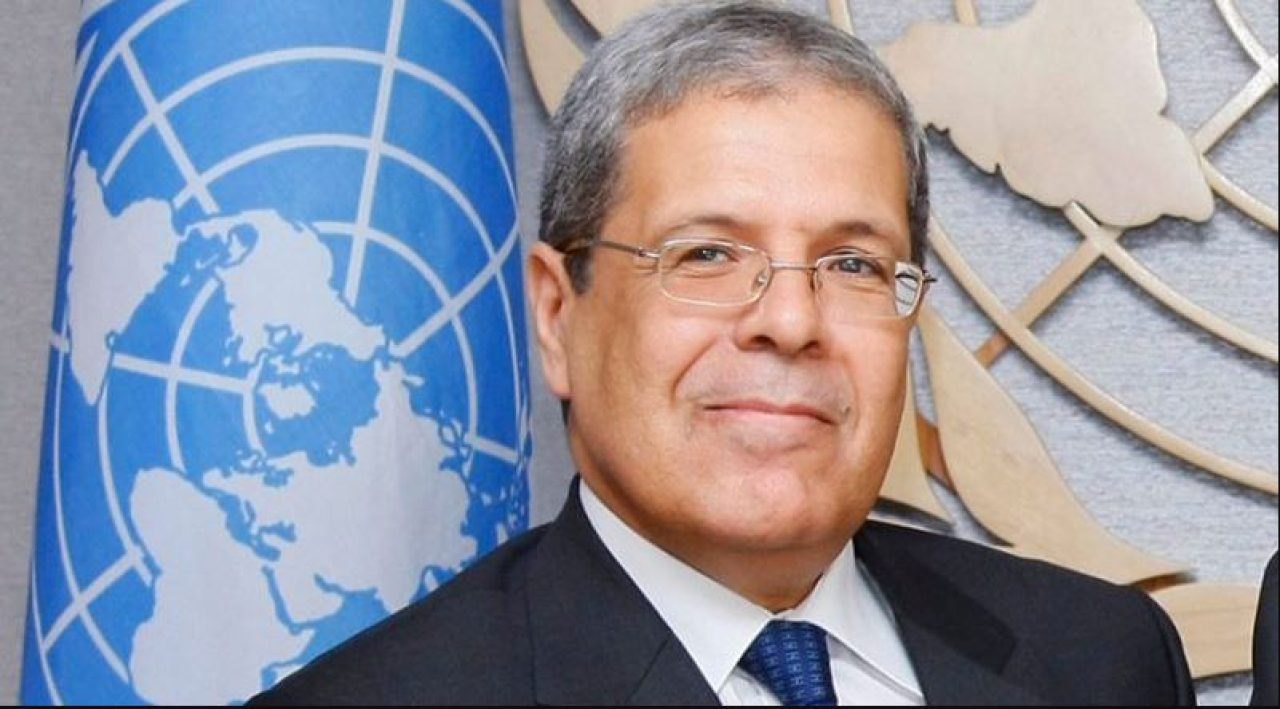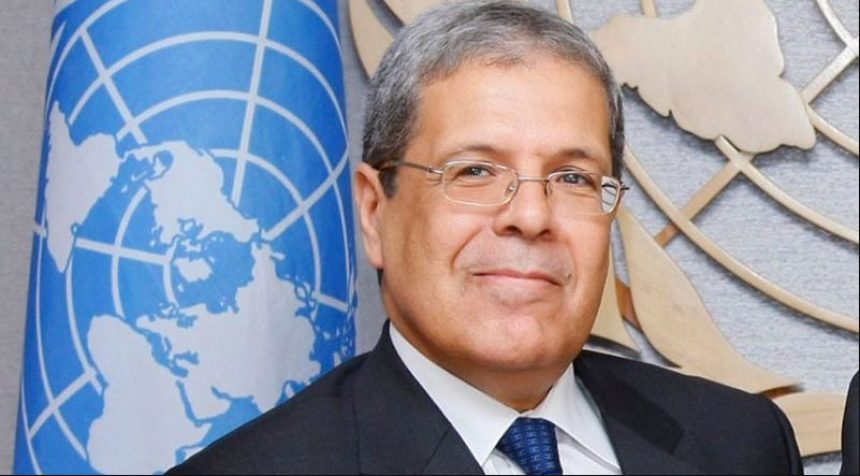Othman Jerandi, the country’s foreign minister, was fired by Tunisia’s president Kais Saied on Tuesday, making him the fourth minister to leave office since the year’s beginning.
Nabil Ammar, the Tunisia’s ambassador to the EU, has been named to succeed Mr. Jerandi, who has served in that position since September 2020, according to the presidency’s official website.
She made no mention of the circumstances behind this decision, which for the first time involves a sovereign ministry.

Mr. Saied has already fired three ministers since the start of January, including the ministers of trade, agriculture, and education.
These decisions come at a time when Tunisia is struggling with severe divisions following President Saied’s coup in July 2021. Saied then revised the Constitution a year later to go back to an ultra-presidentialist system similar to that which existed prior to the 2011 Revolution and the overthrow of dictator Ben Ali.
A record level of almost 90% of registered voters abstained in legislative elections held on December 17 and January 29 to elect a new legislature with significantly restricted powers under the fundamental law.
To protest a procedure that, in their opinion, leads to a “dérive autoritaire,” the opposition has unanimously boycotted the examination.
The country’s largest labour union, the UGTT, which initially supported M. Saied’s takeover, has distanced itself and launched a campaign to “save the country’s economy and political system” in recent weeks.
In addition to these political issues, experts say that Tunisia is currently experiencing a financial crisis due to debt that is close to 80% of its GDP and is the source of the country’s ongoing shortages of essential goods due to insufficient supplies.
Tunis has been negotiating with the International Monetary Fund (IMF) for months to receive a new loan of 1.9 billion euros in exchange for changes in order to breathe new life into its economy.
According to experts, the Tunisian president’s resistance to ending state subsidies on several basic goods hampered the negotiations that had resulted in an agreement in principle with the IMF in mid-October.





